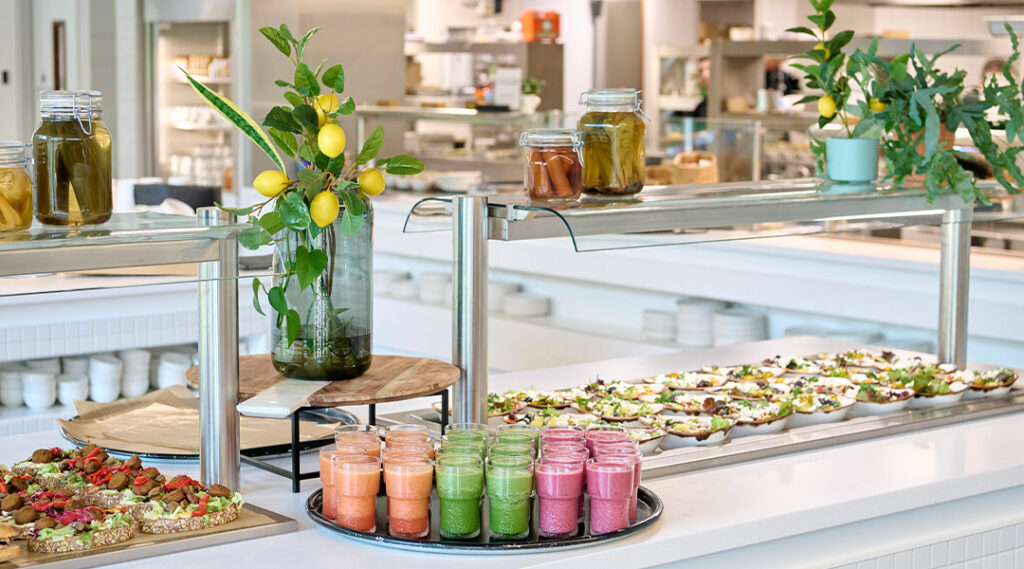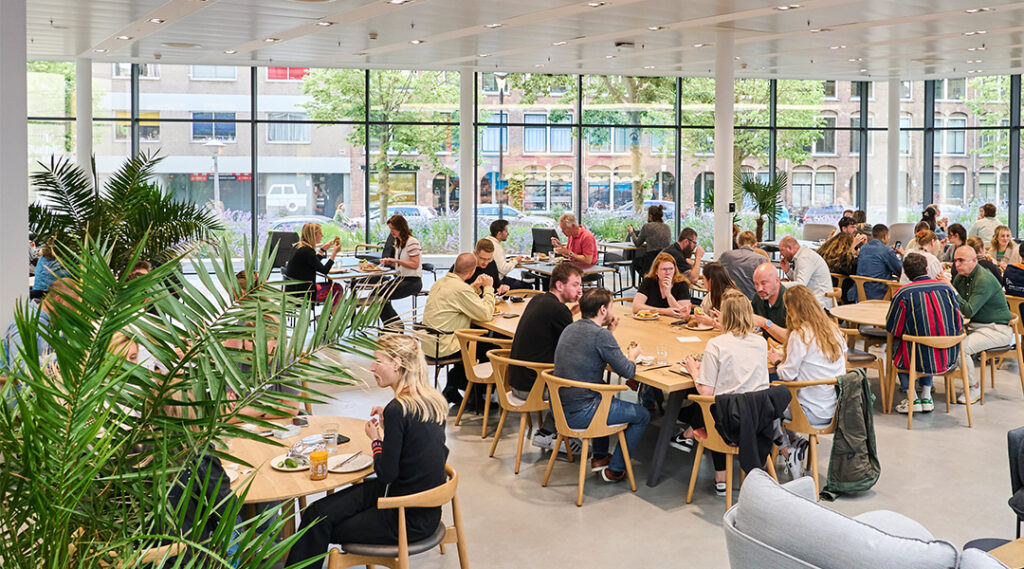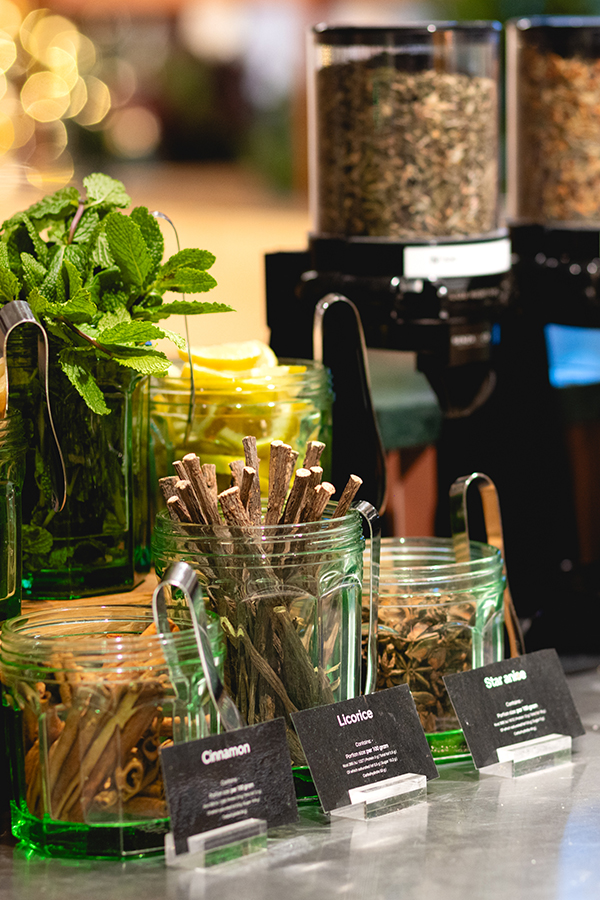
More than half of consumers are worried about the effects of climate change in the Netherlands. This is why 53% of Dutch people want more action taken to halt climate change. To this end, they are examining not only their own behaviour but also that of industry and government.
Diet and environment
Both at home and in the workplace, people increasingly consider the climate impact their food choices have. Generation Z and Millennials have the highest environmental awareness. The majority of these young consumers say they consider the effect their dietary habits have on the environment, a figure twice as high as in 2019. Amongst Generation X and baby boomers, just 36% consider this issue.


Changed dietary habits
The protein transition process i.e. the changeover to fewer animal-based and more plant-based proteins, is the most well-known measure to make our food system more sustainable. Despite this, we are not seeing a mass shift to a vegetarian or vegan diet. Guests do want more plant-based options in company restaurants, but without completely giving up animal products. This is why there are now far more ‘flexitarians’ in particular, whereas fully plant-based diets are only slowly increasing in popularity. Statistics point out that about 2% of all Dutch people are vegetarian, with 0.5% of the population eating fully plant based.

Strong action by government and industry on sustainability
Sustainability is a complex and sometimes confusing issue for consumers. They really want to make better choices for the planet but do not always find this easy to do. This is why government rules are needed that are backed up by industry support. Half (51%) of Dutch people feel the government should ban any products that cause social harm. A group just as large expects companies to tell them how they can live a more sustainable life, with 44% even advocating true pricing, which is where the social harm caused by the product is factored into the selling price.


Opportunities for companies who dare
It often seems as if companies want to hastily switch over to a sustainable and meat-free menu, even if this elicits strong employee resistance. However, sustainability goals and guests’ wishes are often much more reconcilable than people think. Especially when you consider that food wastage, local products and products with a low(er) CO₂ footprint are the three main priorities here within organisations. Companies who provide consumers will a full-service solution for their sustainability dilemmas will do well. Employers who put transparency, consumer education and a broad range of attractive sustainable options first in their company restaurant, will remain an attractive proposition for employees in the future too. So it’s time to take action!